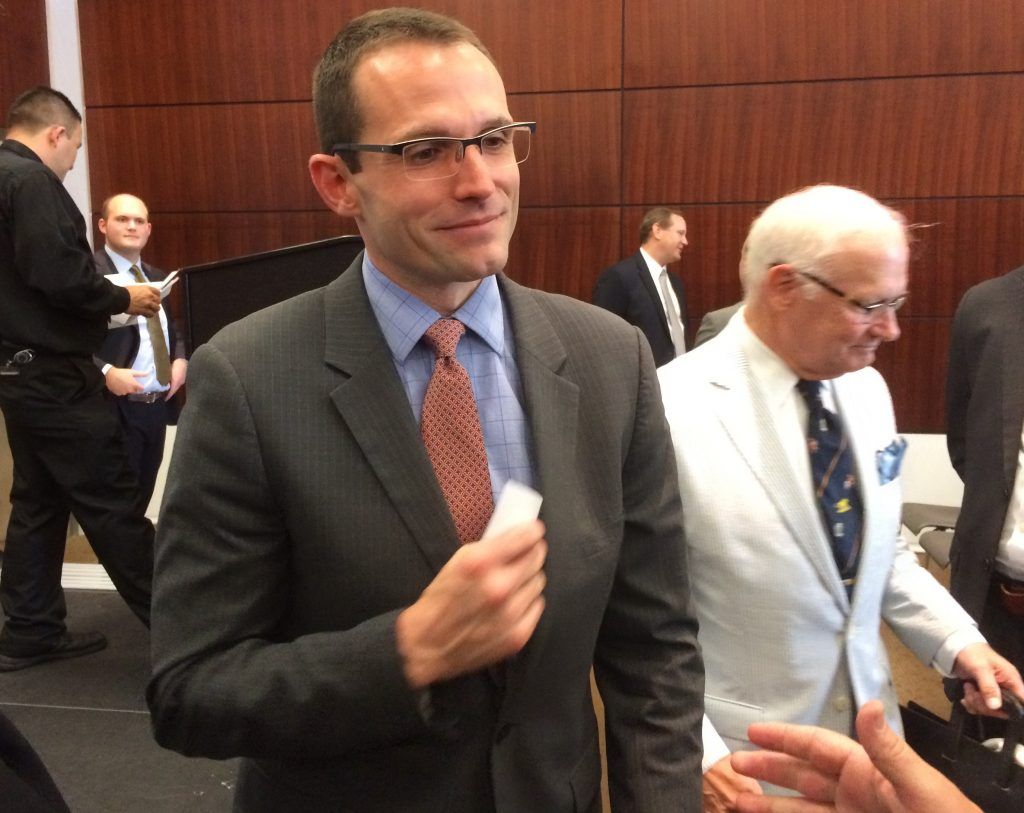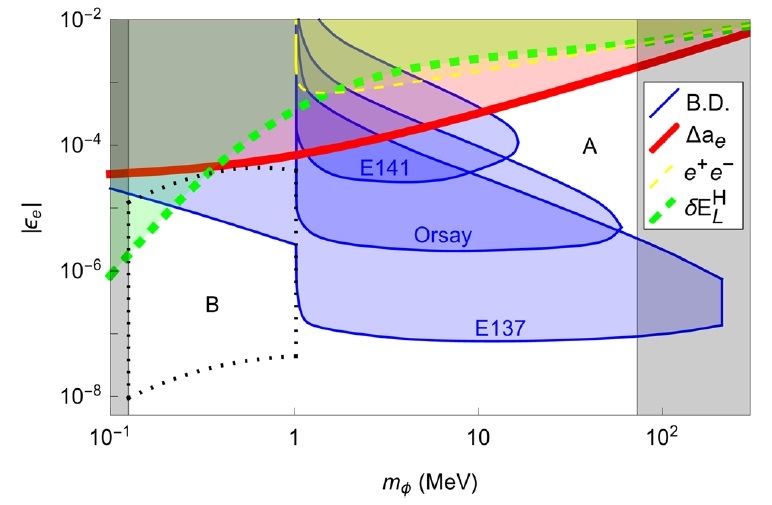Sep 8, 2016
DARPA reveals program to address ‘safety gaps’ in gene editing
Posted by Karen Hurst in categories: bioengineering, biotech/medical
Recent plans to use these techniques to obstruct mosquitoes’ disease-carrying abilities have raised concerns from both experts and the public, and some have even argued that the tool can be used to create biological weapons.
Now, the US Defense Advanced Research Projects Agency has revealed a new program that aims to set a ‘safe course’ for this field, with hopes that their toolkit can work both to support bio-innovation and combat bio-threats.
Continue reading “DARPA reveals program to address ‘safety gaps’ in gene editing” »


















